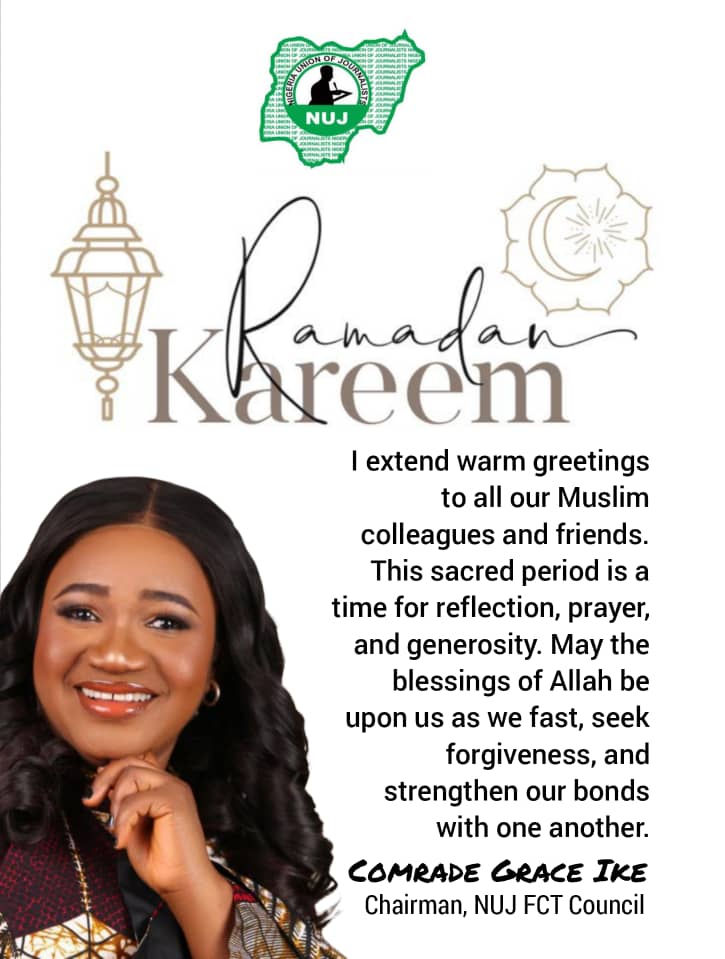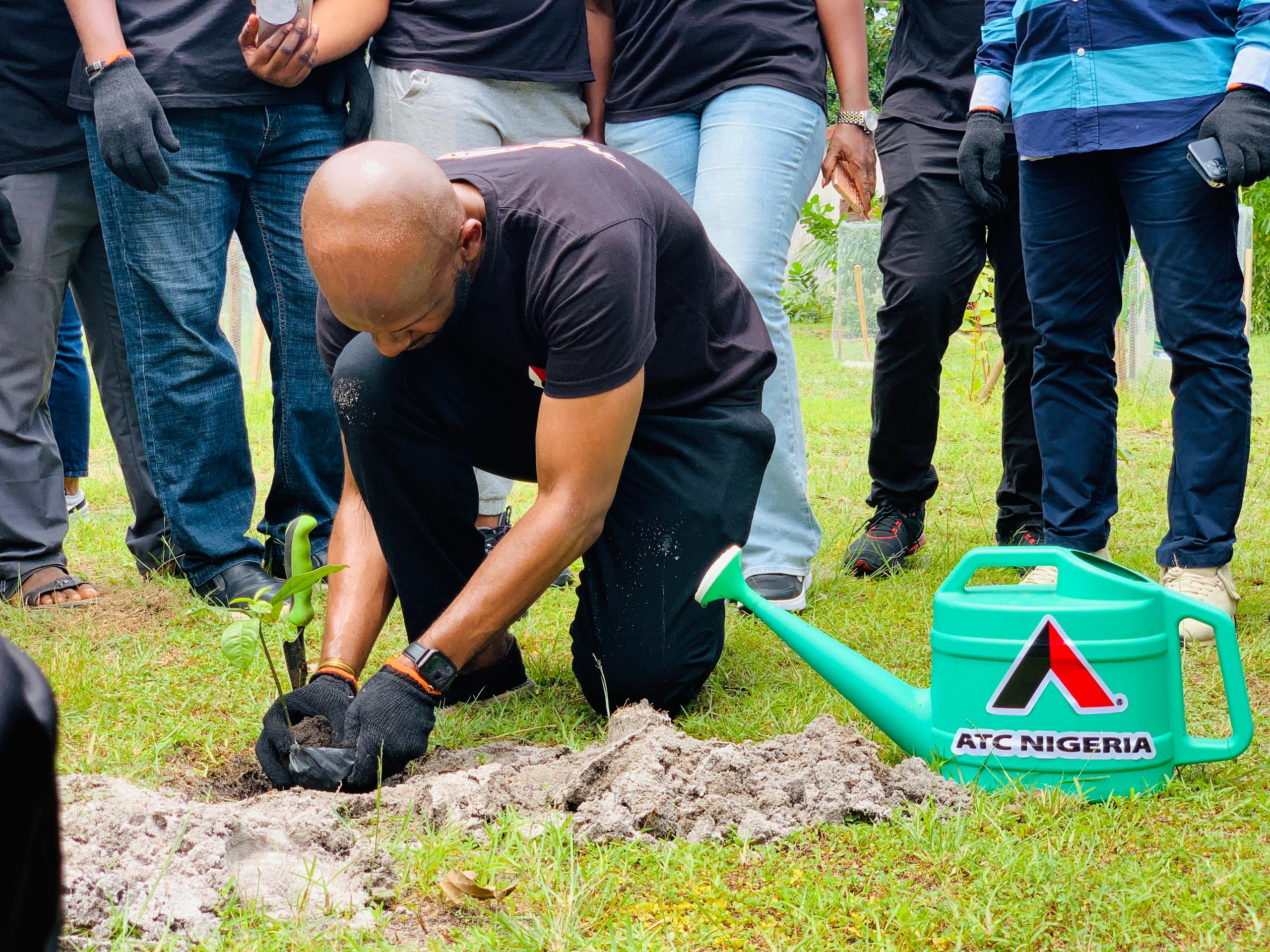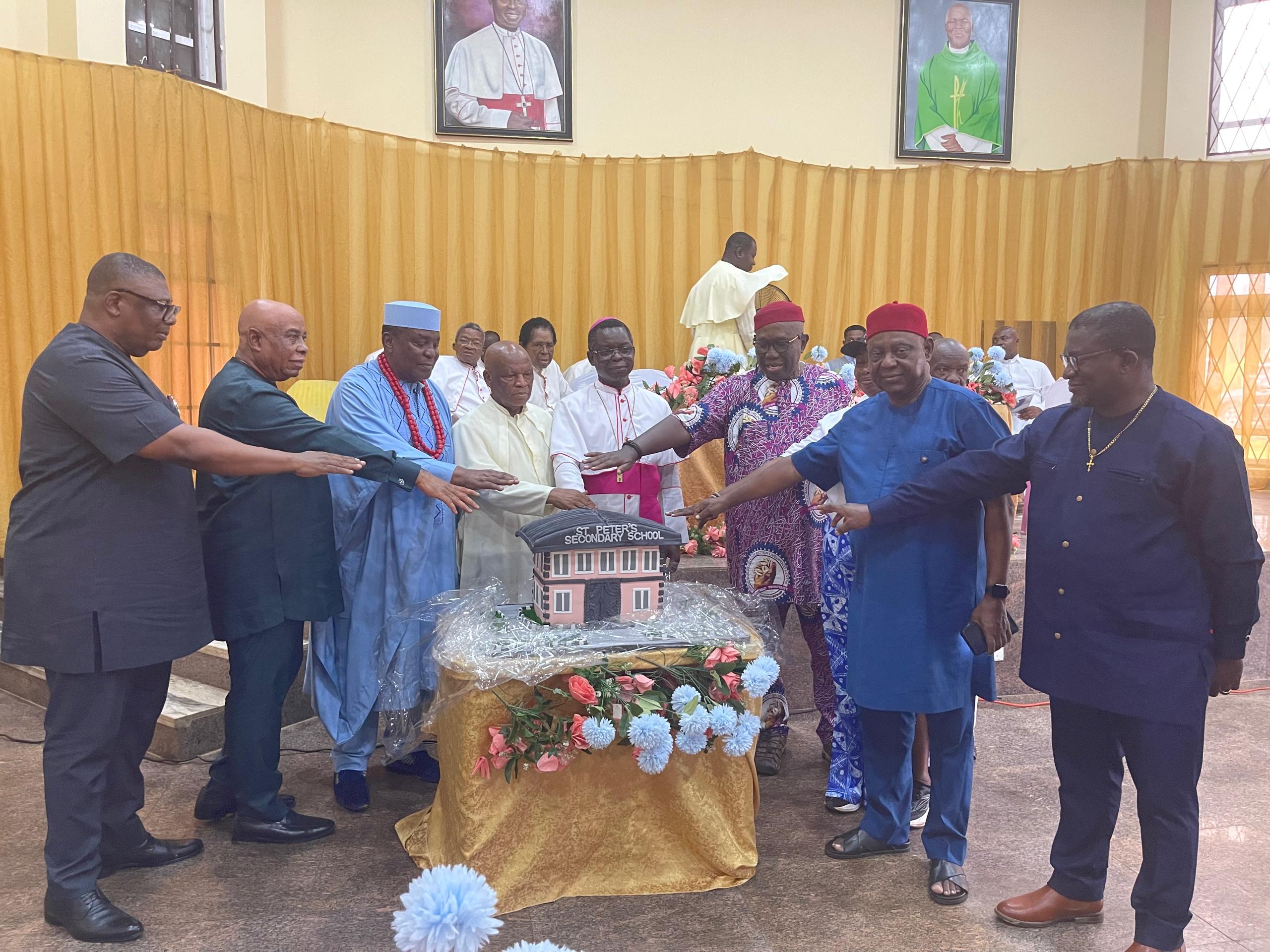CIGG Raises Alarm Over Tenure Extension in Customs, Cites Corruption, Revenue Losses

The Citizen Initiative for Good Governance (CIGG), a prominent civil society organization, has raised strong objections to any proposed tenure extension for the current leadership of the Nigeria Customs Service, led by Comptroller-General Bashir Adewale Adeniyi.
In a statement, CIGG warned that extending the tenure of the incumbent management team would entrench corruption, deepen revenue leakages, and compromise institutional integrity. The group cited alleged loopholes under the current leadership, particularly at border points and terminals, where massive revenue losses have reportedly occurred due to the mishandling of seized containers, auctioned vehicles, and imported goods such as rice.
CIGG accused the Comptroller-General of functioning more as a “public relations figure” than an effective administrator, claiming that promotions within the Service are allegedly influenced by bribery rather than merit. It further alleged that the CGC’s appointment was politically motivated, sidelining qualified professionals.
The group also condemned what it described as “illegal tenure extensions” for seven senior officers through the backdoor, without the approval of the Customs Board. According to CIGG, these officers, many of whom are said to be under investigation by the Economic and Financial Crimes Commission (EFCC), have continued to block the career advancement of junior officers and maintain a grip on power.
CIGG warned that the practice of extending the service of retired officers violates civil service rules, undermines professionalism, and entrenches mediocrity within the Customs Service.
The group issued a list of demands to the Federal Government and the National Assembly, including:
1. A forensic audit of the Nigeria Customs Service to identify and plug revenue leakages.
2. The establishment of an independent Auction Committee to oversee the disposal of seized goods.
3. A thorough investigation into obsolete or non-functional digital platforms like “Well From Tail” and the “Odogwu Platform,” which it said have facilitated corrupt practices.
4. A review of the Customs University project in Badagry, Lagos, questioning its rationale and funding while calling for better investment in the Nigeria Customs Command and Staff College (NCCSC) in Gwagwalada, Abuja.
5. Probing expenditures on marine operations, including patrol boats, jetties, and other maritime equipment.
READ ALSO: FG, World Bank Showcase Gender, GBV Milestones Under TRIMING Project in Kano
6. Enhanced National Assembly oversight, lamenting what it described as lawmakers’ indifference to initiatives that could improve Customs’ revenue contribution to the Federation Account.
CIGG insists that meaningful reform can only occur through transparency, adherence to civil service rules, and the political will to root out entrenched interests within the Customs Service.





